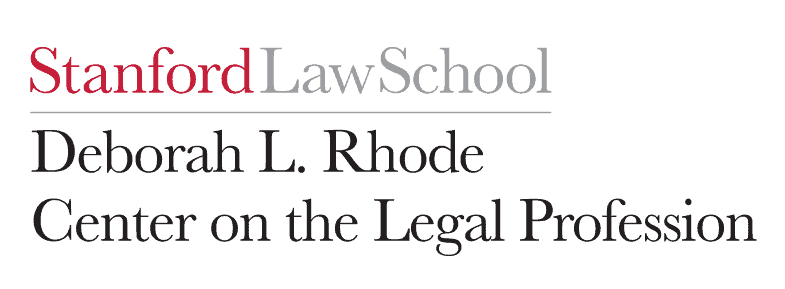SUMMARY OF ARGUMENT
This death penalty case raises a vital question regarding a prosecutor’s constitutional obligation to correct the false testimony of a key witness for the State. The decision of the Oklahoma Court of Criminal Appeals (“OCCA”)—holding that due process was not offended by the prosecution’s failure to correct its key witness’s false testimony on direct examination—creates uncertainty about the extent of prosecutors’ responsibility in such circumstances. If left uncorrected, the OCCA decision will not only erode prosecutorial obligations, but also exacerbate confusion percolating in the lower courts about the scope of this Court’s holding in Napue v. Illinois, 360 U.S. 264 (1959), that the Constitution requires prosecutors to rectify their witnesses’ false testimony.
The OCCA rejected Richard Eugene Glossip’s due process claim notwithstanding the state Attorney General’s confession of error. To reach that result, the state court assumed that the prosecution’s remedial obligation is limited in several respects, and is not implicated when the witness’s false testimony may not be deliberate; when the falsehood may not be outcome-determinative; or when the defense might have asked follow-up questions to expose the falsity of the witness’s testimony. The state court’s decision was wrong. The exceptions to a prosecutor’s duty of candor created by the OCCA are inconsistent with the truth-seeking function of the trial process and with the constitutional due process principles described in Napue.
The decision below countenances a constitutional violation that draws into question the integrity of the verdict in this case. Further, it misdirects prosecutors about their responsibilities under the Constitution and the rules of professional conduct that derive from it, to the detriment of fair and reliable verdicts in future cases. This Court should grant certiorari and reverse the state court’s decision to make it clear that
the integrity and fairness of criminal proceedings unequivocally require prosecutors to rectify false testimony that is relevant to any issue the jury will decide.
